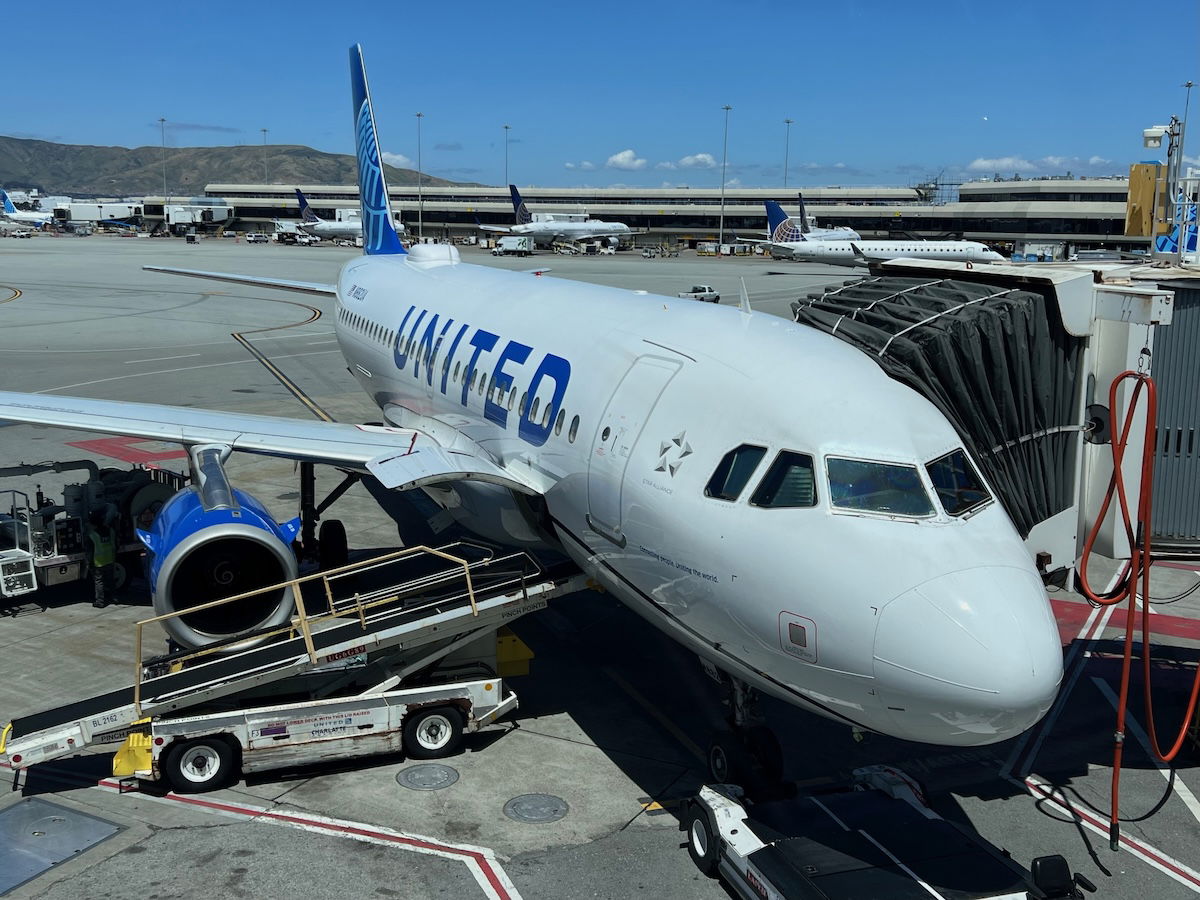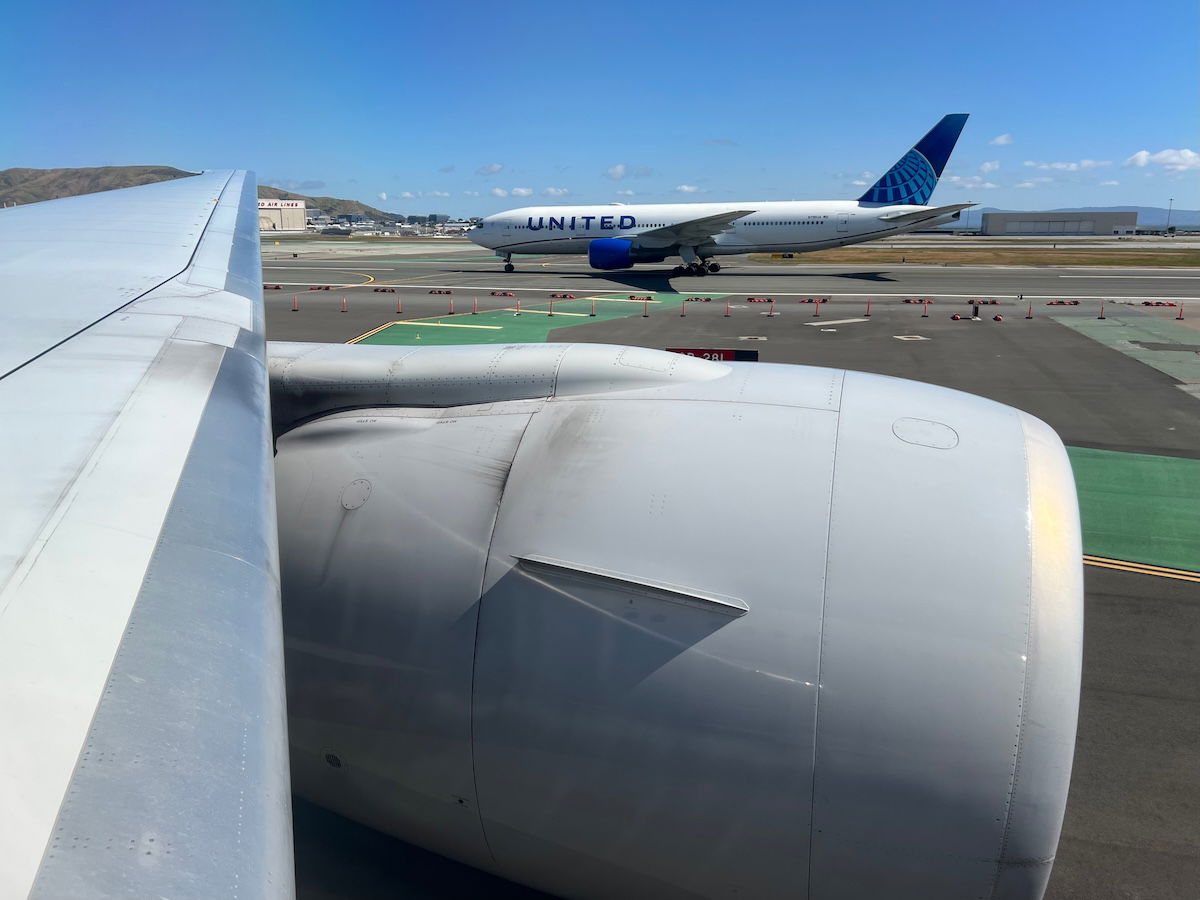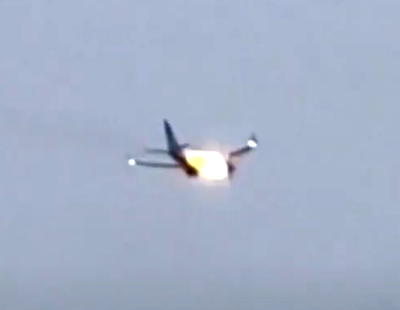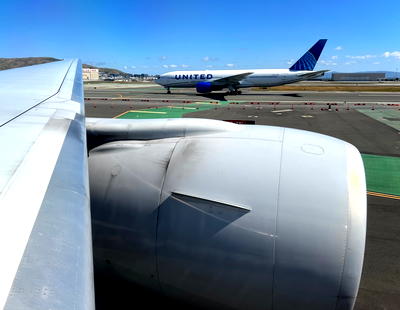For the past several weeks, United Airlines has been under increased scrutiny from regulators, limiting the carrier’s ability to add new routes and aircraft. There’s now a positive update for United.
In this post:
United Airlines now faces fewer regulatory restrictions
In late March 2024, the Federal Aviation Administration (FAA) announced that it would increase oversight of United Airlines. The carrier had a slew of safety related incidents in the weeks leading up to that. This not only got a lot of media attention, but also caused regulators to take note.
As a result, the FAA stepped up oversight of United, with the goal of ensuring that the airline is complying with safety regulations, identifying hazards, mitigating risks, and effectively managing safety. For United, the practical implications were that during this investigation, the airline was limited in terms of being able to launch new routes and take delivery of new aircraft.
There’s now a positive update, as United has been given the green light for many of the restrictions in place to be removed, including around certification activities (like taking delivery of new aircraft and launching new routes).
This doesn’t mean that the FAA’s increased oversight of United is completely over, but rather just that United won’t be as restricted in terms of what it can do.

One has to wonder what was going on at United
When the FAA announced increased oversight of United, I wasn’t sure what exactly to make of it. On the one hand, United did have an increase in the number of incidents in a short period of time. On the other hand, it’s hard to imagine that anything about the carrier’s safety culture changed overnight.
In many ways, it seemed like the FAA was partly conducting this investigation for optics. After all, the airline industry isn’t exactly popular with consumers, and with the Boeing 737 MAX incident earlier this year, the FAA wants to seem like it’s being proactive.
But I’m still not sure what to think beyond that. Did United just have a series of incidents that were an unlucky coincidence, or what suddenly changed at United that has made the airline less safe? There are a few potential factors I can think of, though none fully explain the sudden increase in incidents:
- United has the oldest fleet of the “big three” US carriers, and while older aircraft are absolutely safe, it’s also not unusual for them to have more incidents over time; for example, you’ll find a lot more stories involving 767s than you’ll find involving 787s
- The industry overall definitely has a “juniority” problem, where you have a lot more junior pilots, mechanics, air traffic controllers, etc., than before the pandemic, and there’s no denying that the lack of experience eliminates a safety cushion (though that’s true of the entire industry, and not just at United)
- United has grown faster than American and Delta in the past couple of years, and one has to wonder if that has contributed to cutting some corners
As much as US airlines continue to operate safely in terms of people getting to their destination unharmed, there’s no denying that the safety cushion in the US airline industry has decreased since the pandemic.
We’ve seen an increase in near misses across the industry. It also can’t be understated how much more junior the workforce is. In some cases you now have wide body captains at US airlines in their 20s, with just a couple of years experience at the airline. Meanwhile back in the day, it took 20+ years of seniority to get to that point. Experience matters, and at the moment the industry lacks experience.

Bottom line
The Federal Aviation Administration is relaxing some restrictions that United Airlines has been subjected to, as the airline has faced increased regulatory oversight. This has come as United saw an increase in safety related incidents in recent months.
This update is positive news for United, in terms of being able to take delivery of new aircraft and launch new routes.
What do you make of the FAA lifting some restrictions on United?





The FAA says "not so fast" on letting go of restrictions on UA's growth.
WASHINGTON, May 16 (Reuters) - The Federal Aviation Administration said Thursday it has not approved any expansion of United Airlines' routes or fleets and is requiring the presence of FAA personnel when United conducts final inspections of new aircraft replacing older models.
Wait, you are saying that many wide body Captains at United are in their 20's? Where did you get this statistic? I have never witnessed this ever as a weekly passenger on them so am really curious. At cargo airlines you may see this. But mainline commercial? Please provide statistics to back this up.
I wonder if a deal was made. Heating Reagan is going to get five more slot pairs beyond the perimeter rule. United isn’t going to like that with the Dulles hub
there was no deal made between the FAA and United; Congress made the decision to add flights to DCA.
United simply did what it needed to do to ensure its employees are properly trained and supervised.
first, if there is confirmation that the FAA is lifting expansion restrictions on United, there should be more than an "I am hearing" from jon.
second, Boeing's delivery delays are having the biggest impact on UA's rapid expansion - not just receiving 1/3 of the MAXs they planned at one point for 2024 but just 5 787s, most weighted in the second half of the year.
third, economics will have the biggest impact on UA's...
first, if there is confirmation that the FAA is lifting expansion restrictions on United, there should be more than an "I am hearing" from jon.
second, Boeing's delivery delays are having the biggest impact on UA's rapid expansion - not just receiving 1/3 of the MAXs they planned at one point for 2024 but just 5 787s, most weighted in the second half of the year.
third, economics will have the biggest impact on UA's expansion. Internationally, the DOT just released profitability by global region data for the 4th quarter and it shows that UA, once again, lost money over the Pacific while eaking out a tiny profit over the Atlantic and having the smallest profit of the big 3 in Latin America. UA has way too much international capacity in the 4th and 1st quarters and they have just moved it around from one part of the world to another.
UA can take consolation that AA lost money flying both the Atlantic and Pacific for the entire year, offset only by its profits in Latin America - but meaning AA's international system operates on a breakeven basis.
DL is the US' international airline in terms of profitability. Delta made 50% more money than UA while flying 30% less international capacity.
Cranky Flier's recent data shows that UA's massive expansion in the Pacific delivered poor results - and UA has now cancelled LAX-AKL and BNE. Their strategy of trying to flood LAX w/ international capacity so that DL couldn't expand didn't work and hurt UA far more than any other airline.
Domestically, UA did not succeed in getting Airbus to deliver large numbers of A321NEOs so UA will be facing at least 2 years of more "normal" growth which will then mean that large portions of its new deliveries in 2026 and beyond will have to go for fleet replacement, cutting UA Next into a fraction of what it was intended to be.
The FAA didn't need to continue w/ growth restrictions - if that happened - because supply chain concerns will impact UA just as much or more than for other airlines.
tl;dr
Bunch of fluff about how you're wrong. Then "Delta made 50% more money than UA while flying 30% less." Followed by more fluff about how you're wrong.
in other words, you and a whole lot of other people can't accept facts that you don't like - despite the fact that they are accurate.
If you don't think the DOT's numbers - which are based solely on data provided by airlines - is inaccurate, then tell us how the pie should be redivided. The whole has to equal the same total number. Since UA's domestic system made just 40% of DL's, if...
in other words, you and a whole lot of other people can't accept facts that you don't like - despite the fact that they are accurate.
If you don't think the DOT's numbers - which are based solely on data provided by airlines - is inaccurate, then tell us how the pie should be redivided. The whole has to equal the same total number. Since UA's domestic system made just 40% of DL's, if you want to make international profits larger, then domestic becomes much less profitable.
Nope.
Timmy, in other words, you are cherry picking facts to explain fluff.
I know this is not unique to United, but the "juniority" problem concerns me. It happens to be most apparent at United, where there are at least a handful of 20-something widebody FOs who have popular Instagram accounts chronicling their travels. I accept that I'm taking the risk of less experienced pilots on a regional route, but I really feel better having the most experienced pilots in the fleet to fly me over open ocean. Call me old-school.
In a weird way, I feel like I'd prefer a younger pilot. They are more fresh out of training/flight school so while I assume every pilot is excellently adept to be ready for an emergency, I'd expect younger pilots (not necessarily first day on the job) to be slightly more equipped to handle, and additionally I'd assume they're a little more energetic and less complicit. Call me new-school
No one is "fresh" out of anything if every commercial pilot (FAA Part 121)
is required to have a minimum of 1500 hours to get into the right seat. That took me almost 18 months after flight training in the military.